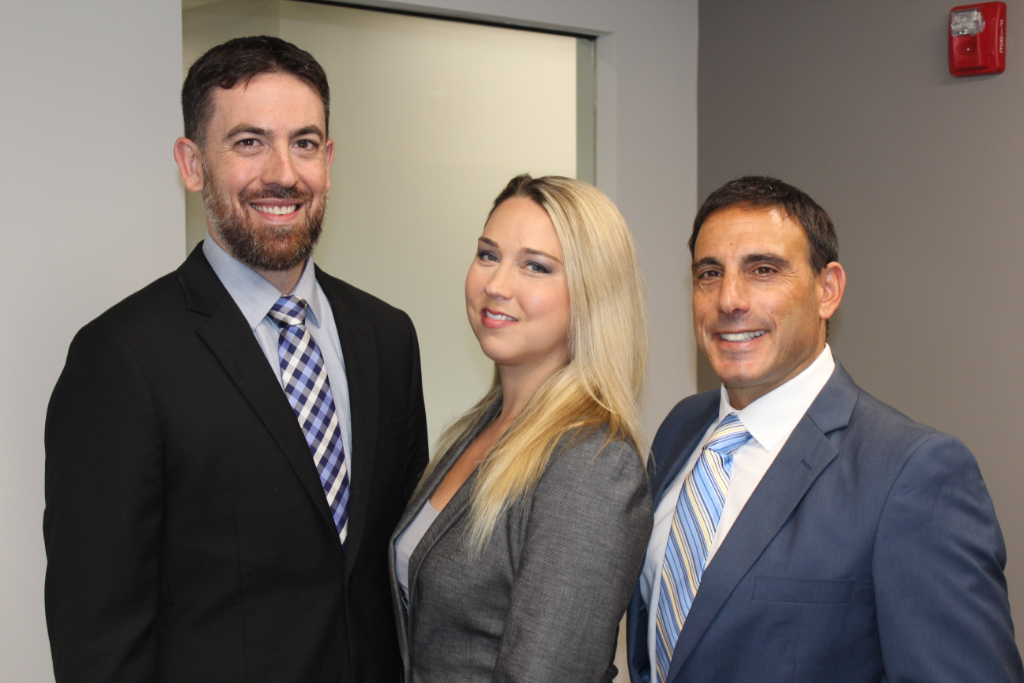Helping You With The FIAFEA And FIRREA Whistleblower Program
The Financial Institutions Anti-Fraud Enforcement Act of 1990 (FIAFEA) provides rewards to confidential whistleblowers who expose fraud in the banking industry, a sector of the economy that is naturally ripe for large-scale fraud.
Congress enacted FIAFEA a year after the Financial Institutions Reform, Recovery, and Enforcement Act of 1989 (FIRREA) to incentivize individuals to come forward with valuable information relating to FIRREA violations. Congress enacted FIRREA in the wake of the savings and loan crises of the 1980s. The law gives the U.S. Attorney General the power to bring civil actions seeking statutory penalties for violations of various criminal laws that apply to the banking industry. The statute carries a lengthy ten-year statute of limitations, and a lower standard of proof – the preponderance of the evidence – than seen in criminal proceedings – both of these attributes make it a powerful anti-fraud tool.

The Attorney General can file a FIRREA lawsuit for several criminal violations, including:
- Anti-money laundering violations
- Bad loan underwriting/servicing violations
- Mail fraud
- Wire fraud
- Making false statements or false entries in books and records
- Receiving commissions or gifts in exchange for procuring loans
- Embezzlement or misapplication of funds by a bank officer or employee
- Use of false statements with respect to loan applications
- Defrauding or attempting to defraud a bank
- False statements and overvaluing of securities
- Presenting a false claim to the government
- Concealment of assets from a government conservator, receiver or liquidator of a bank
Almost any fraud on a bank by its customers, or any fraud by a bank’s employees, officers, or directors, may come within the broad scope of a FIRREA civil penalties provision.
Under FIAFEA, a whistleblower files a declaration under oath with the Attorney General describing the facts and circumstances of the bank fraud. The declaration is similar to the “disclosure statement” typically filed with the Department of Justice (DOJ) in qui tam cases brought under the False Claims Act and can include attached documents and witness information to support the claims.
As with other whistleblower causes of action, the declarant here must be the original source of the information. The declaration is sealed and confidential during the government’s investigation and, in some cases, a lengthier period. If the declaration gives rise to FIRREA liability and the government obtains a recovery as a result, then the whistleblower is in line for an award.
FIAFEA’s whistleblower awards can be quite large – up to $1.6 million if the government recovers more than $10 million. FIAFEA’s award provision provides that
The declarant shall be entitled to 20%to 30% of any recovery up to the first $1 million recovered, 10% to 20% of the next $4 million recovered, and 5% to 10% of the next $5 million recovered.
So if the government recovers $10 million or more, then the whistleblower award would range from a low of $850,000 to a high of $1.6 million.
FIAFEA also contains a unique provision relating to the whistleblower attorney’s role. Within one year of the whistleblower’s declaration filing date, DOJ must provide written notice of the investigation’s status. If DOJ does not address the whistleblower’s allegations, then the whistleblower can request that the DOJ award a contract to the whistleblower’s attorney to pursue the case. DOJ must then award such the contract or bring the claim on its own.
If DOJ chooses to award a contract to the whistleblower’s attorney, then FIAFEA provides that it should be a contingency fee contract. In other words, the law gives the whistleblower’s attorney a stake in the litigation separate and apart from the reward available to the whistleblower. The whistleblower and the whistleblower’s attorney thus become a sort of deputy U.S. Attorney.
In sum, FIAFEA provides substantial financial incentives for whistleblowers to come forward with evidence of fraud in the banking industry, and separate financial incentives for attorneys to represent these whistleblowers.
Our experienced FIAFEA/FIRREA whistleblower attorneys can help you determine if there is a violation of these laws, guide you through blowing the whistle in a manner calculated to protect your career, and fight for your rights if your employer retaliates. Call us at 844-277-1217 or contact us online.




